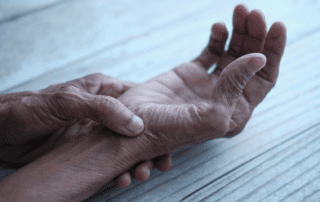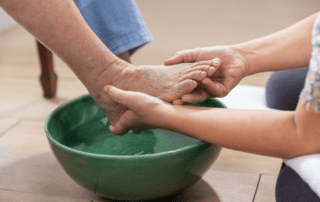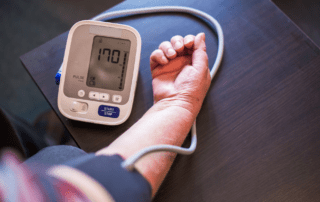How Depression Affects Productivity and the Global Economy: Treatment Options and Influencing Factors
Depression is a serious mood disorder that affects 280 million people globally, with women being 50% more likely to experience it. Depression leads to a loss of productivity and costs the global economy $1 trillion annually. Treatment options include psychotherapy and medication, with 60% of individuals not receiving adequate treatment due to stigma and lack of mental health resources. Cultural variations, childhood adversity, and protective factors can influence the development and treatment of depression.










